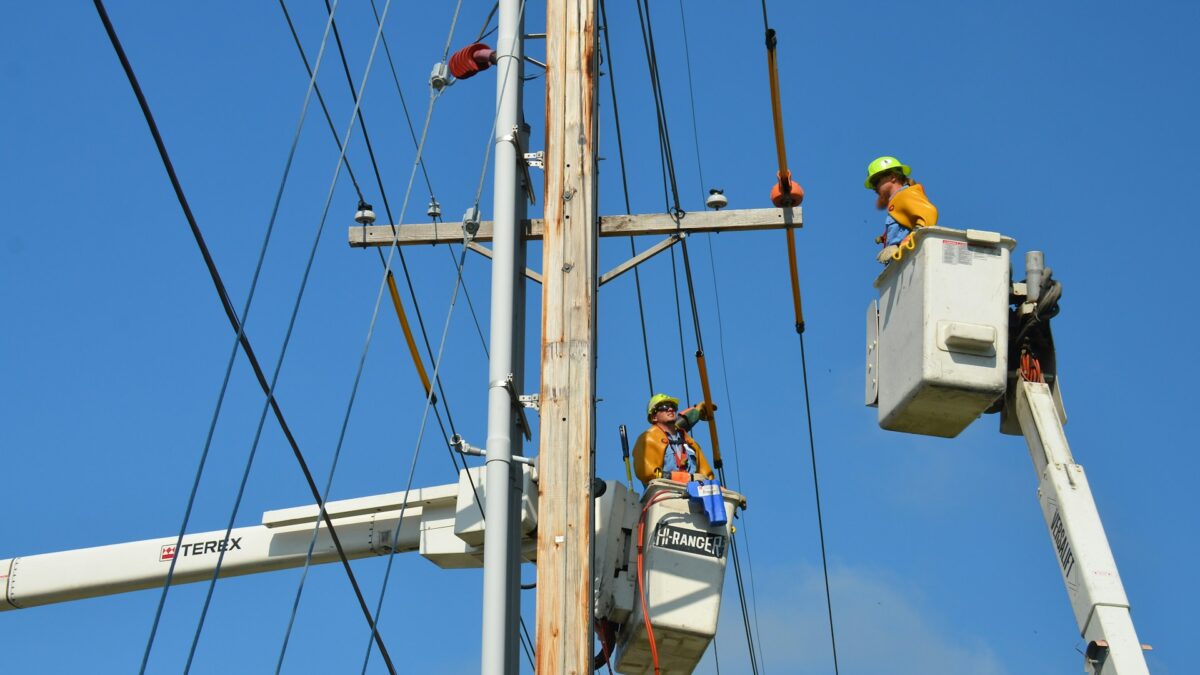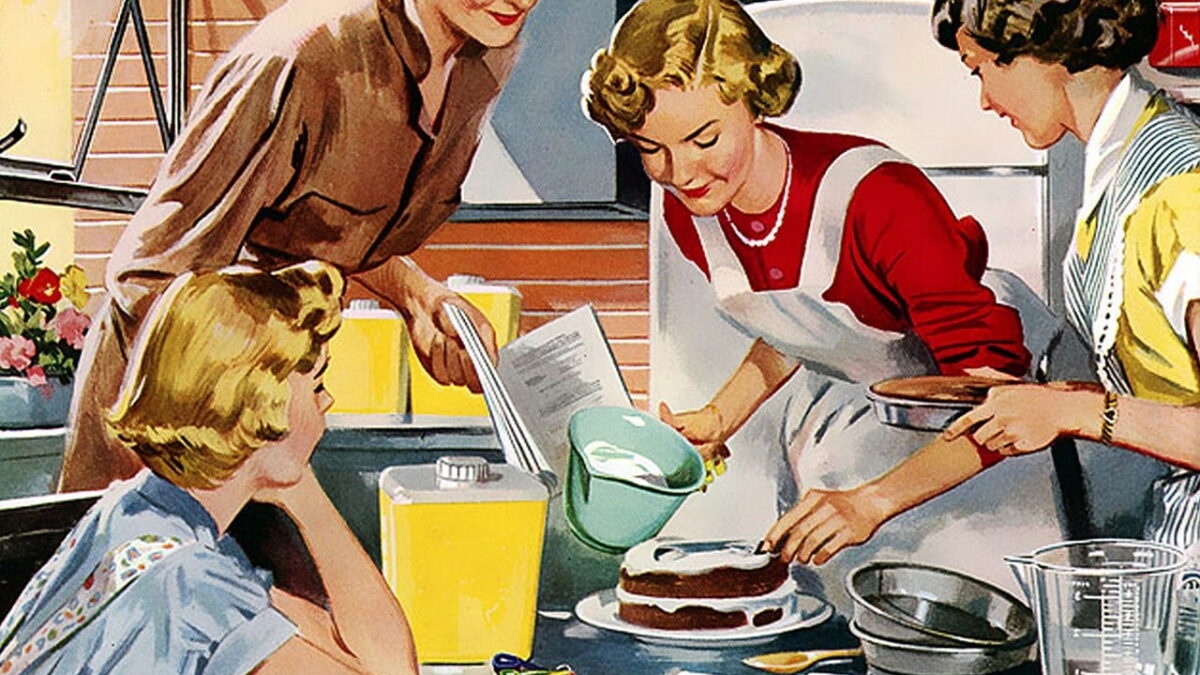
Pamela Anderson should be a feminist’s dream: The model epitomized sexual license as Playboy’s Playmate of the Month in 1990, and later established herself as an actress on the beach show “Baywatch.” To hear her tell it, though, she’s not a real fan of the latest wave of feminist thinking.
In a recent interview with “60 Minutes Australia,” the Canadian-born actress and model wasn’t shy in voicing her opinions about the porn industry, how feminism has gone too far, and the way it seems to interfere with women using their common sense. If Anderson, who made her living touting her sexuality and capitalizing on everything feminism initially promised, thinks feminism is a “bore,” the movement really is on a downward spiral.
In her interview, Anderson divulges thoughts about feminism, sex, common sense, and political correctness.
“Feminism can go too far. I'm a feminist, but I think that this third wave of feminism is a bore. I think it paralyses men.” Pamela Anderson criticises the #MeToo movement, warning women to use “common sense” @PamFoundation #60Mins pic.twitter.com/6dUmvbueRu
— 60 Minutes Australia (@60Mins) November 4, 2018
When asked about her Playboy career, Anderson said, “It was very empowering. No one forced me to do anything.” Without being prompted, she added. “Feminism can go too far. I’m a feminist, but I think that this third wave of feminism is a bore. I think it paralyzes men.”
Anderson continues: “I’m sorry. I’ll probably get killed for saying that.”
Anderson then begins to talk about the MeToo movement, which dominated American politics this last year. She explains that women should listen to their intuition and tap their common sense when in potentially compromising positions.
“If someone answered the door in a bathrobe and it’s supposed to be a business meeting, maybe I should go with somebody else,” she said, referring to allegations that Harvey Weinstein preyed upon women looking to get a leg up in Hollywood. “Or, if you go in, get the job,” Anderson said laughing.
Anderson’s straightforward analysis and criticism of a movement women are supposed to support is refreshing and necessary. She isn’t alone in voicing these concerns, either. Other notable men and women have also seen through the public persona of feminism and have publicly articulated its prominent drawbacks.
Back in January, The New York Times reported French actress Catherine Deneuve “lent her name to a public letter denouncing the [Me Too] movement, as well as its French counterpart, #Balancetonporc, or ‘Expose Your Pig.’” More than 100 other French women in entertainment, publishing, and academic fields signed the letter arguing women have gone too far, particularly by publicly exposing and trying to prosecute private experiences.
“Rape is a crime. But insistent or clumsy flirting is not a crime, nor is gallantry a chauvinist aggression,” the letter stated. “As a result of the Weinstein affair, there has been a legitimate realization of the sexual violence women experience, particularly in the workplace, where some men abuse their power.”
On this side of the Atlantic, Camille Paglia, originally a voice in favor of feminism that allowed women equal rights under the law, also says now that today’s feminism is doing more harm than good. The famous art critic and professor articulated this just before the Me Too movement began. Recently a video of Paglia’s discussion at the Battle of Ideas festival in London in October 2016 became available on YouTube. It coincided with the launch of Paglia’s book, “Provocations: Collected Essays.”
In the video, Paglia says feminism is now “an absolute poison that has spread worldwide.” Paglia said the original feminists “admired what men had done. There was no male-bashing, as became systemic to second-wave feminism.” She said feminism is now based on “denigrating men” and “defining men as oppressors and tyrants through history.” “It is an absolute lie,” she said, “an extrapolation of neuroticism on the part of these fanatics.”
Paglia, Deneuve, and Anderson are identifying the weaknesses in the wave of women who have made all men the enemy under the banner of feminism. The result is an authoritarian feminism bent on vilifying men just for being born men. There are other consequences, of course, but this one is significant: In the end, both sexes lose.
Over the summer, in an interview with British actor Henry Cavill, GQ Australia demonstrated this quite clearly. The interviewer asked Cavill about dating, and Cavill said he prefers to pursue women the old-fashioned way.
“It’s very difficult to do that if there are certain rules in place,” he said. “Because then it’s like: ‘Well, I don’t want to go up and talk to her, because I’m going to be called a rapist or something’. So you’re like, ‘Forget it, I’m going to call an ex-girlfriend instead, and then just go back to a relationship, which never really worked.’”
For this, Cavill received incredible backlash and was accused of misunderstanding the Me Too movement. Cavill apologized under the pressure. But was he wrong? Of course not. He pointed out just how far modern feminism, as epitomized in Me Too, has gone. So now men can’t pursue women, for fear of being labeled something awful.
Anderson’s observations that now feminism has become a “bore” could not be more spot on. Worse than being a “bore,” it’s now flipping the natural dynamics between men and women such that more people of both sexes feel trapped and lonely. So much for sexual freedom.









